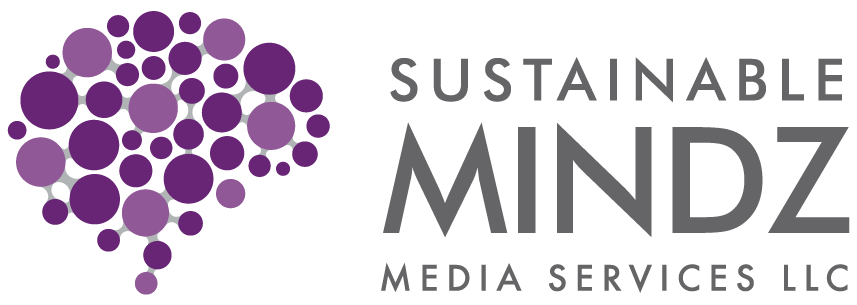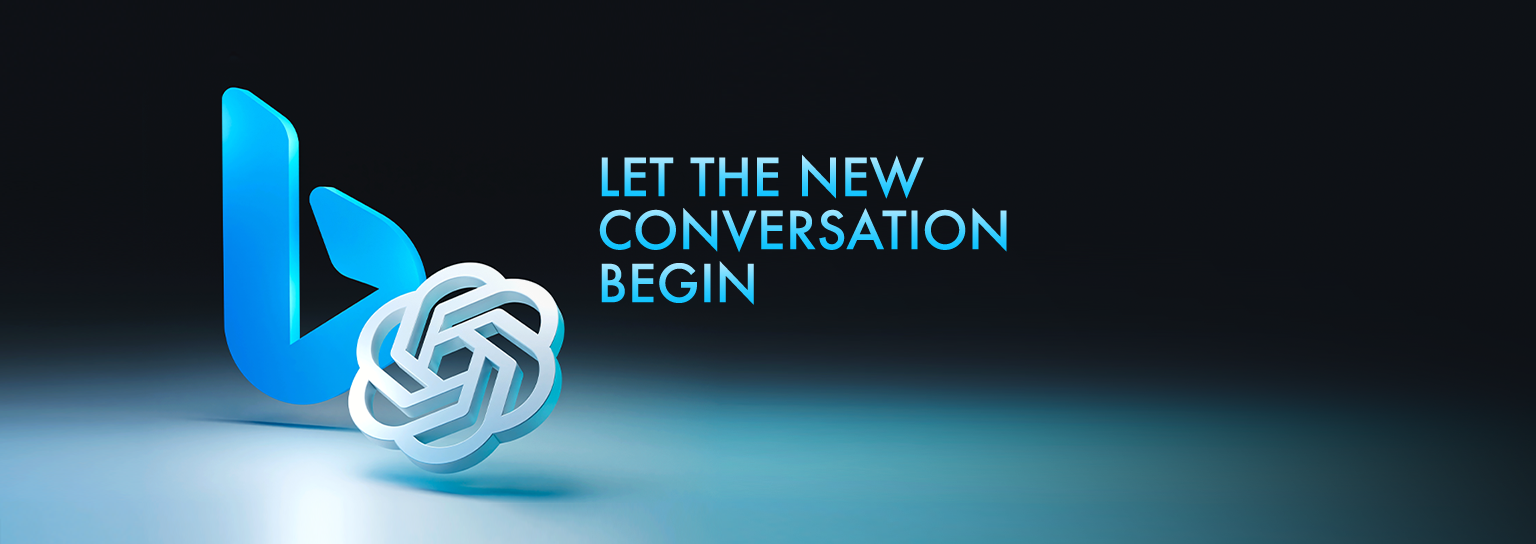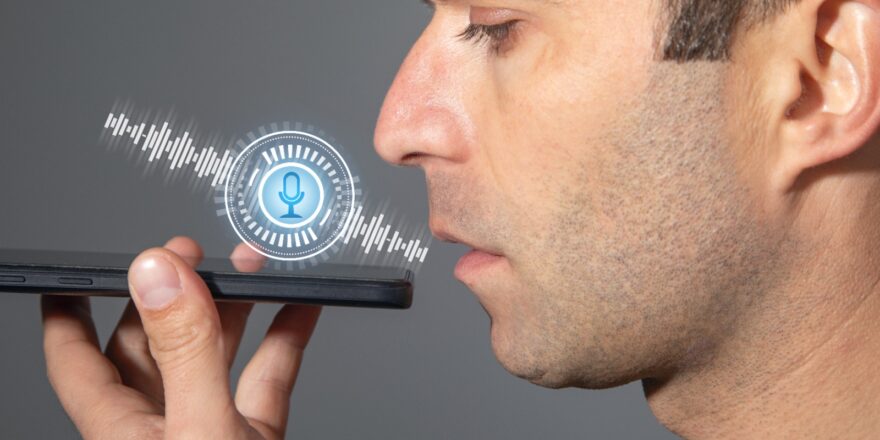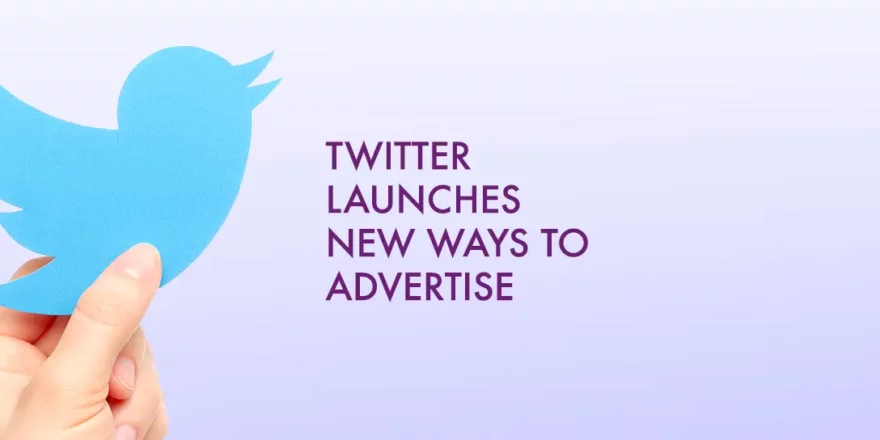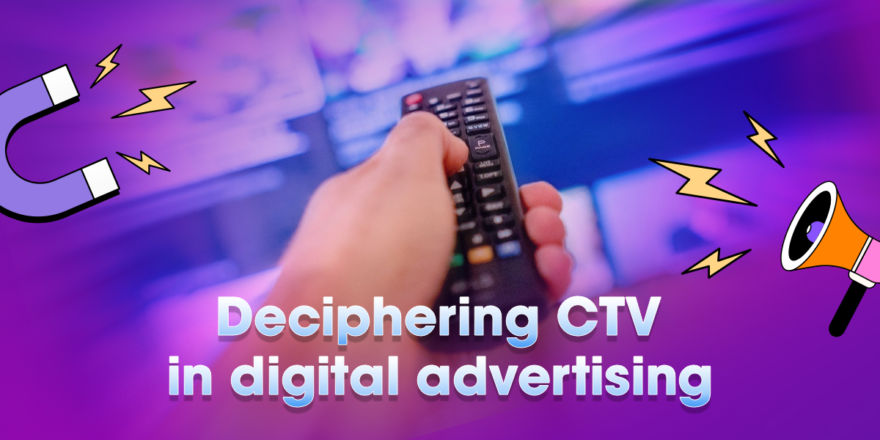An advanced version of Open AI’s ChatGPT has found its way into BING search, ensuring that the results are prompt and highly conversational. Unsurprisingly, users are on a waitlist to get their hands on the AI-powered search engine, while a few privileged ones are already accessing the preliminaries. What’s even more impressive is that Bing is applying AI to its existing addition improving the relevancy of results and advancing its core.


Market Share
Bing’s attempt to reinvent itself is rather commendable. Launched in 2009, the engine currently holds around 3% of the worldwide search share. Furthermore, it is available in over 200 countries and 105 languages. Google, of course, takes the max. Yet, Bing is still the second-most popular search engine in the world and, in 2021, reported $8.53 billion in ad revenues, an increase of 10.2% since 2020, when it was around $7.74 billion.
To add to its drive, last week, Microsoft announced that the search engine would be powered by ChatGPT, making marketers and advertises mull over the future of advertising. However, according to professional speculators, the future is hypothetical, and it is hard to tell if AI integrations have long-term profit potential. This also means that Microsoft must augment its convincing powers by making consumers and advertisers use its search platform because the tech is skilful in delivering high-quality results.
Opportunity
With its new obtainments, Bing brings a shift and an opportunity to an industry that is always thirsting for something new and exciting. The move also means increased competition, where other search engines might join the fray and even catch up, crowding the marketplace.
Where does Bing stand in all this? Well, ChatGPT has already benefited Bing, and according to a tweet from Microsoft’s VP Yusuf Mehdi, more than 1 million users have queued up in just 48 hours to check out the new AI-powered search engine.
